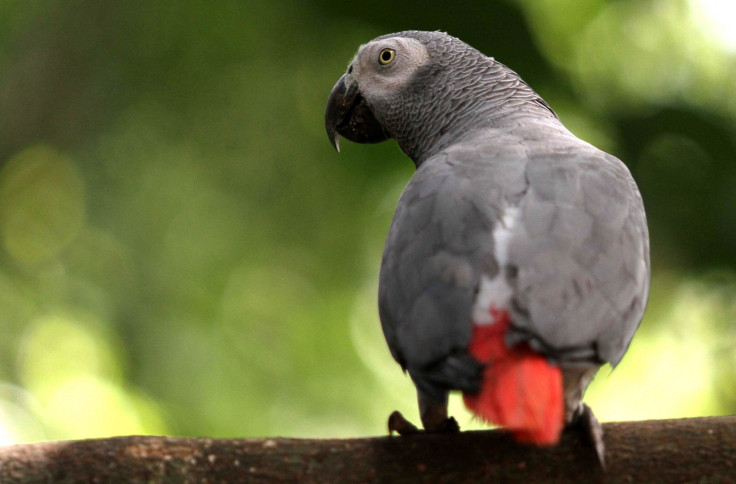Mystery of how parrots can 'talk' like humans finally solved

A group of scientists believe they may have cracked the mystery of how parrots are able to emulate human speech and other sounds.
The team, which included scientists from Denmark and the Netherlands, found a difference in the brain structure of parrots that are able to imitate speech was the reason behind their talent, which separates them from other birds.
Parrots are one of the few "vocal learners" in the animal kingdom and by examining their gene expression patterns, the scientists were able to see that in addition to having defined centres, or "cores", in their brain – which are responsible for vocal learning – they also had "shells", otherwise known as outer rings, which help with vocal learning and are bigger in species of parrot that can imitate human speech, according to the report published in PLOS One.
Prior to this study, only the budgerigar's brain had been probed to analyse the mechanisms of vocal learning, whereas this looked at conures, cockatiels, lovebirds, two species of Amazon parrots, a blue and gold macaw, an African Grey parrot and the most ancient of parrot species –the kea.
All of the parrots had a relatively large shell structure, including the New Zealand kea, which suggests the populations of neurons in the shells probably arose at least 29 million years ago.
"This finding opens up a huge avenue of research in parrots, in trying to understand how parrots are processing the information necessary to copy novel sounds and what are the mechanisms that underlie imitation of human speech sounds," said Mukta Chakraborty, a post-doctoral researcher in the lab of Erich Jarvis, who is an associate professor of neurobiology at Duke University and a Howard Hughes Medical Institute Investigator.
"It takes significant brain power to process auditory information and produce the movements necessary for mimicking sounds of another species. The question is, how specialised are these parrot brains, and in what ways? Is it just a select group of specialised genes, or is it some specific projections that we haven't discovered yet?"
More research needs to be done on the power of the shells and if they are the reason for parrot's unrivalled ability to speak, but Jarvis added: "If that's true, then we've answered a big question in our field that people have been wanting to know for many years."
© Copyright IBTimes 2025. All rights reserved.






















